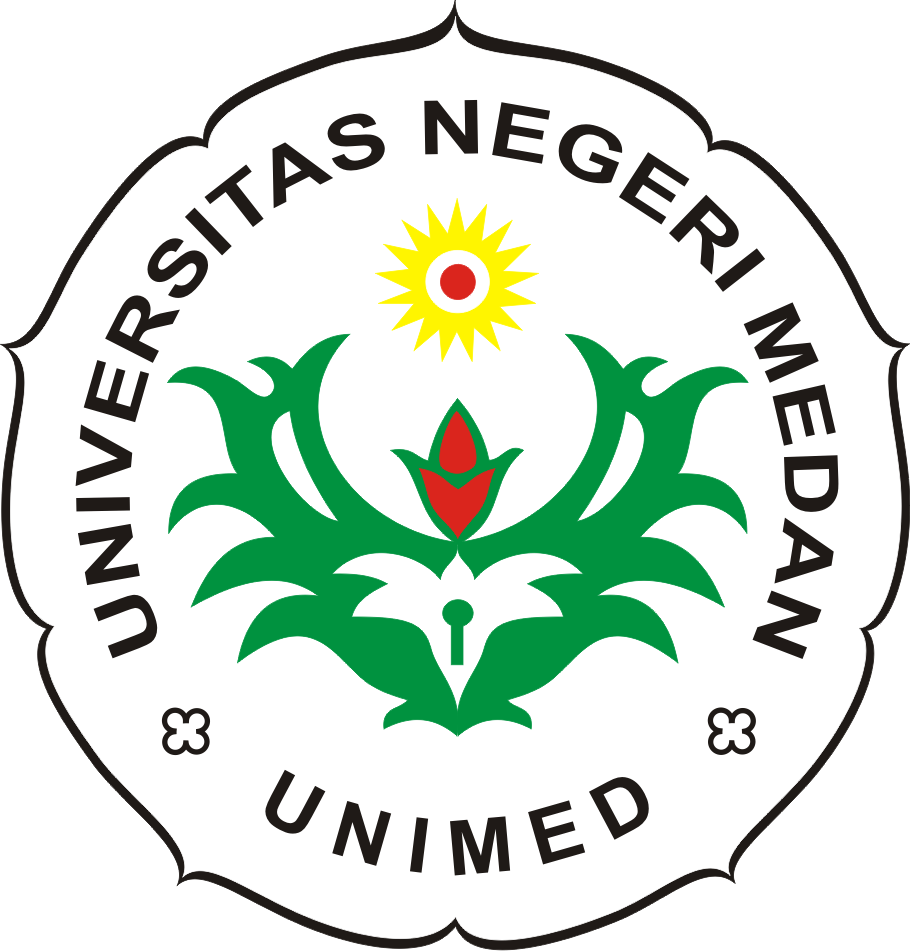THE EFFECT OF TEAMS œKNOW-WANT-LEARN STRATEGY ON STUDENTS™ ACHIEVEMENT IN READING DESCRIPTIVE TEXT
DOI:
https://doi.org/10.24114/reg.v4i1.2096Abstract
The aim of this study is to discover the effect of applying Teams œK-W-L strategy in reading descriptive text. Experimental research design is used as the research method. This research took place at SMP N 1 SIANTAR NARUMONDA. There were 2 classes chosen as the sample with 30 students in each class. The classes were divided into two groups namely experimental and control group. The experimental group was taught by using Teams œK-W-L strategy and control group was taught by using conventional method. The instrument was used to collect the data was a set of multiple choice tests, which was divided as pre-test and post-test. The result showed that t-test was higher than t-table (4,53 > 2,00) at the level of significant 0,05 with degree of freedom (df) 58. It means that hypothesis alternative (Ha) is accepted which show that Teams œK-W-L strategy significantly effected on the students achievement in reading descriptive text. It was proved since mean score of experimental group is 74,83 higher than mean score of control group is 63,33. So, English Teacher are suggested to use Teams know-want-learn Strategy in order to improve students™ achievement in reading descriptive text.Downloads
Published
Issue
Section
License
Authors who publish with this journal agree with the following terms:
- Authors retain copyright and grant the journal right of first publication with the work simultaneously licensed under a Creative Commons Attribution License that allows others to share the work with an acknowledgment of the work's authorship and initial publication in this journal.
- Authors are able to enter into separate, additional contractual arrangements for the non-exclusive distribution of the journal's published version of the work (e.g., post it to an institutional repository or publish it in a book), with an acknowledgement of its initial publication in this journal.
- Authors are permitted and encouraged to post their work online (e.g., in institutional repositories or on their website) prior to and during the submission process, as it can lead to productive exchanges, as well as earlier and greater citation of published work (See The Effect of Open Access).
- This work is licensed under a Creative Commons Attribution-ShareAlike 4.0 International License.






